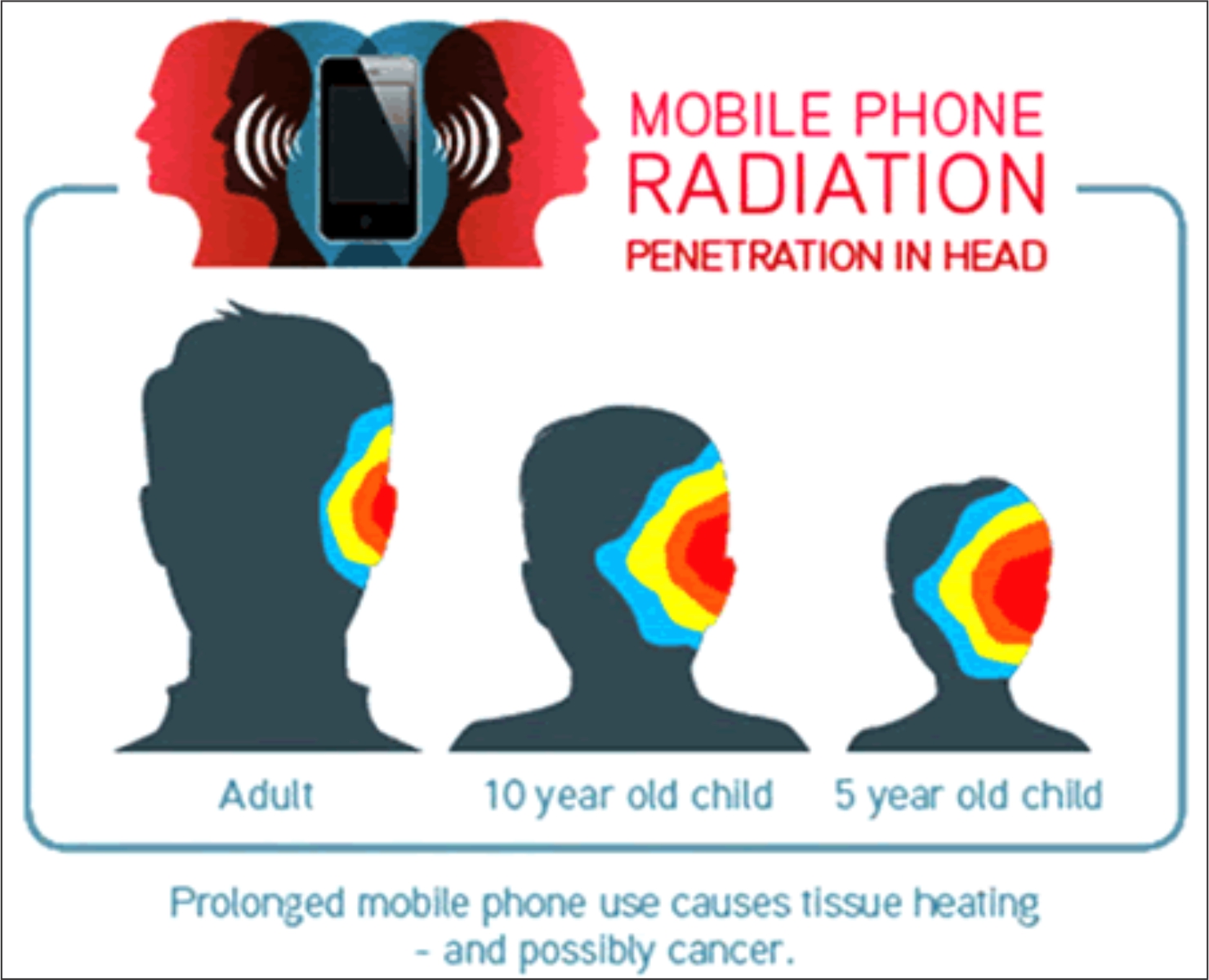Mobile phones have become an integral part of modern life, with billions of people using them on a daily basis to communicate, access the internet, and perform a variety of other tasks. However, there has been some concern that the electromagnetic radiation emitted by mobile phones may have negative effects on human health, including the potential for brain damage. In this essay, we will examine the evidence for and against the idea that mobile phones can cause brain damage, as well as consider some of the potential risks and benefits of mobile phone use.
One of the main sources of concern about mobile phones and brain damage is the fact that they emit electromagnetic radiation, which is a type of non-ionizing radiation. This type of radiation is different from ionizing radiation, such as X-rays and gamma rays, which have higher energy and can cause DNA damage. Non-ionizing radiation, on the other hand, has lower energy and is generally considered to be less harmful to human health. However, there is still some debate about whether it is possible for non-ionizing radiation to cause harm at high levels or over long periods of exposure.
One of the main areas of research on this topic has focused on the potential for mobile phones to cause brain tumors, as the brain is the most vulnerable organ to radiation exposure. Several studies have looked at the relationship between mobile phone use and brain cancer, with mixed results. Some studies have found an increased risk of brain tumors among heavy mobile phone users, while others have found no association.
One of the limitations of these studies is that they are often based on self-reported data, which can be unreliable. Additionally, it can be difficult to disentangle the effects of mobile phone use from other risk factors for brain tumors, such as genetics and environmental exposures. As a result, it is difficult to draw firm conclusions about the relationship between mobile phone use and brain cancer.
Another area of concern is the potential for mobile phones to cause other types of brain damage, such as changes in brain function or structure. Some studies have suggested that mobile phone use may be associated with changes in brain activity, such as altered brain waves or altered blood flow in the brain. However, these changes have not been consistently observed across different studies, and it is not clear whether they are harmful or simply a normal response to the use of mobile phones.
Overall, the evidence for the idea that mobile phones can cause brain damage is inconclusive. While some studies have suggested a potential link, others have found no association. It is possible that more research will be needed to fully understand the potential risks and benefits of mobile phone use.
In conclusion, the question of whether mobile phones can cause brain damage is complex and still largely unresolved. While it is important to be aware of the potential risks associated with mobile phone use, it is also important to consider the many benefits that these devices provide. With careful use and awareness of potential risks, it is likely that mobile phones can be a valuable tool for communication and access to information without causing harm to human health.







